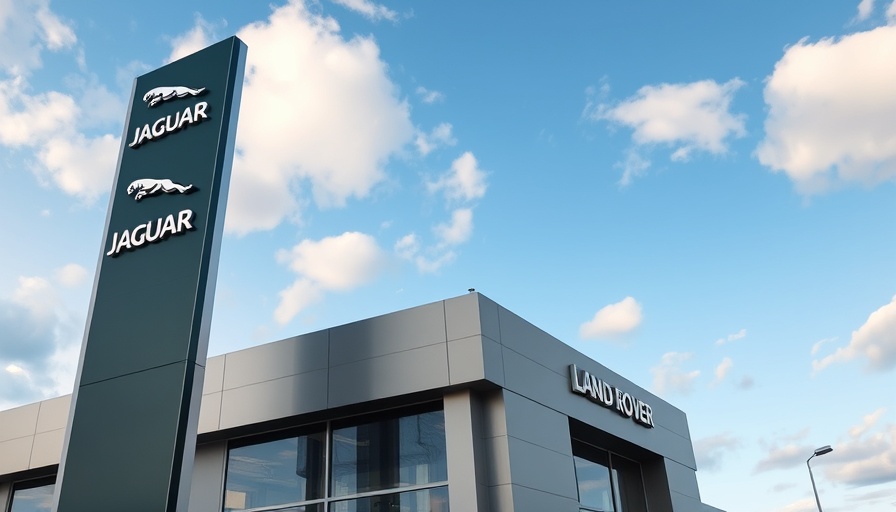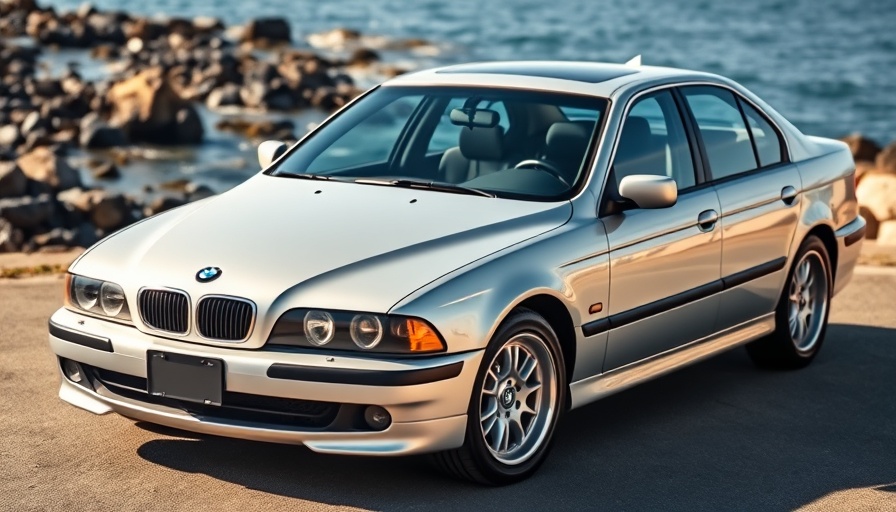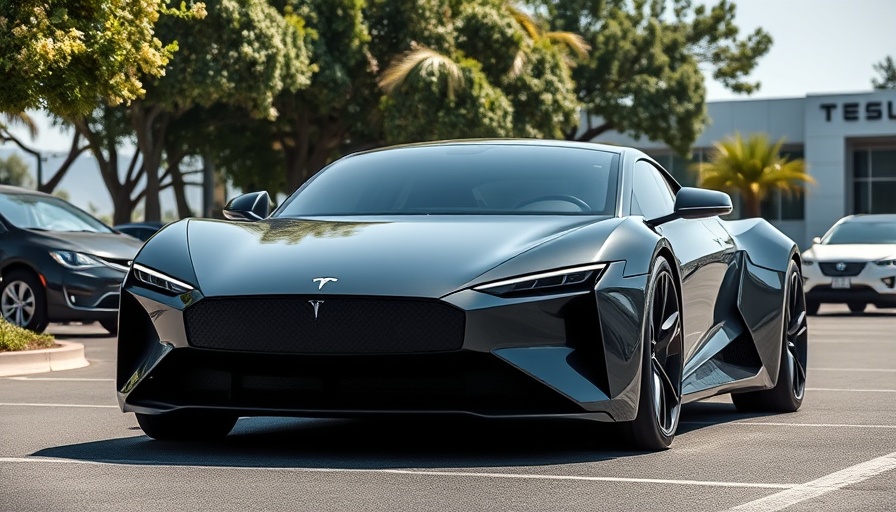
Jaguar's Commitment to UK Production Amidst Tariff Turmoil
Jaguar Land Rover (JLR) has firmly stated that it will not establish manufacturing plants in the United States, even as the U.S. auto industry grapples with President Trump's significant import tariffs. The company, owned by India's Tata Motors, reiterated its commitment to its UK production roots amid a constantly evolving trade landscape. While other global automakers are adjusting strategies to cope with changing tariffs and trade agreements, JLR's decision reveals a steadfast focus on maintaining its manufacturing base in the UK.
Understanding the Impact of Tariffs on Automotive Trade
The 25% tariffs on imported vehicles imposed by the Trump administration have sparked significant uncertainty in the industry. The tariffs, introduced on April 3, 2025, have led to a temporary halt in JLR's shipments to U.S. dealers as the company assesses its long-term business strategy. In a recent statement, JLR confirmed that the shipment pause was a short-term measure to help navigate the new trading terms with their partners. The toll this has taken on JLR reflects broader patterns within the British auto sector, which considers the U.S. market crucial—accounting for about 20% of Britain's automotive exports.
Strategic Decisions in a Changing Global Market
While JLR expresses a strong desire to remain committed to UK-based manufacturing, the announcement comes at a time when many carmakers are hesitant to offer financial forecasts due to the volatility triggered by the tariffs. Peers such as Ford and Stellantis have braced for significant cost implications, with Ford estimating a potential $1.5 billion hit due to the trade restrictions. This troubling reality places pressure on JLR, which sells around 400,000 vehicles globally each year, with approximately one-fourth designated for American consumers.
Is the Future of Automotive Manufacturing in the U.S.?
Following the decision from JLR, industry experts are considering whether other automakers may follow suit or rethink their U.S. strategies. With mixed messages continuing to come from the U.S. administration regarding trade negotiations, further policy changes could force manufacturers to adapt quickly. JLR's strategy could inspire confidence among other companies to dig their heels in and maintain production where they began. However, the ongoing economic pressures may also force them to reassess their positions.
Conclusion: A Pivotal Time for Global Automakers
In light of JLR's stance, it’s clear that the decision not to manufacture cars in the U.S. is a strategic one, reflecting a deeper commitment to UK production as well as a calculated risk assessment of the current and future trade environment. The automaker remains vigilant and is closely monitoring developments that could alter the landscape of international automotive manufacturing. For consumers and industry watchers, JLR's decision exemplifies the complexities and challenges of trading goods across international borders, and it remains to be seen how such policies will affect the wider market and consumer choices in the future.
 Add Row
Add Row  Add
Add 




Write A Comment